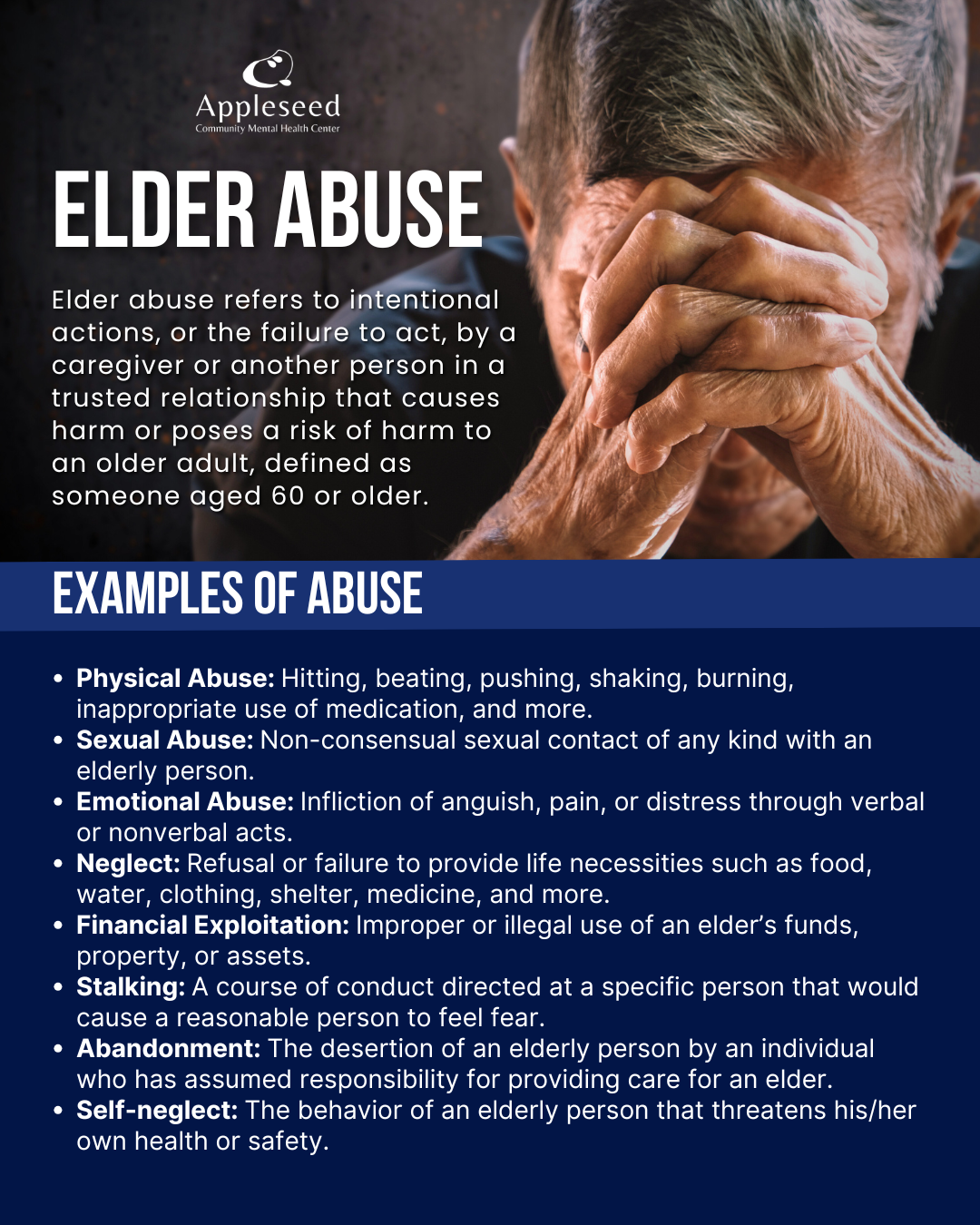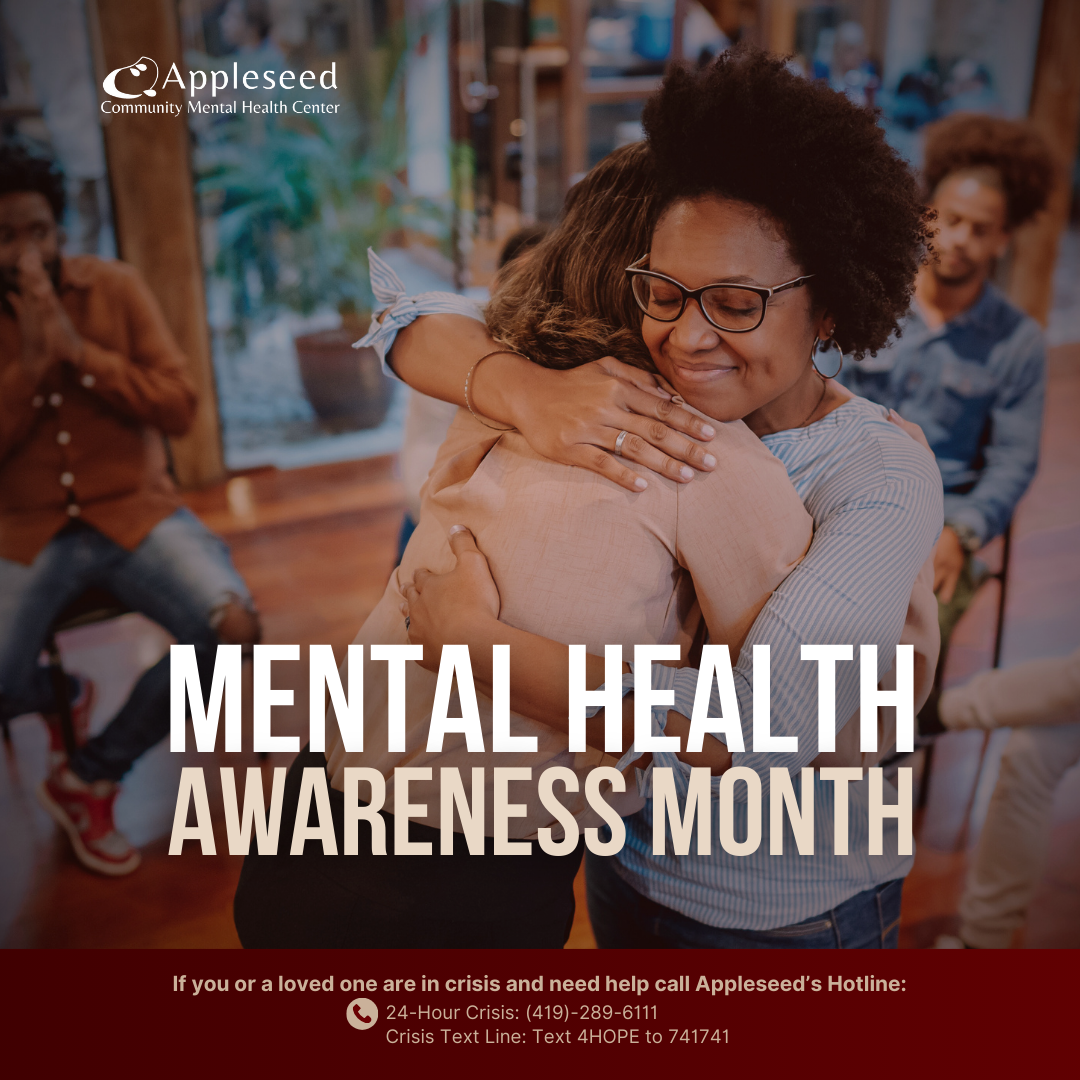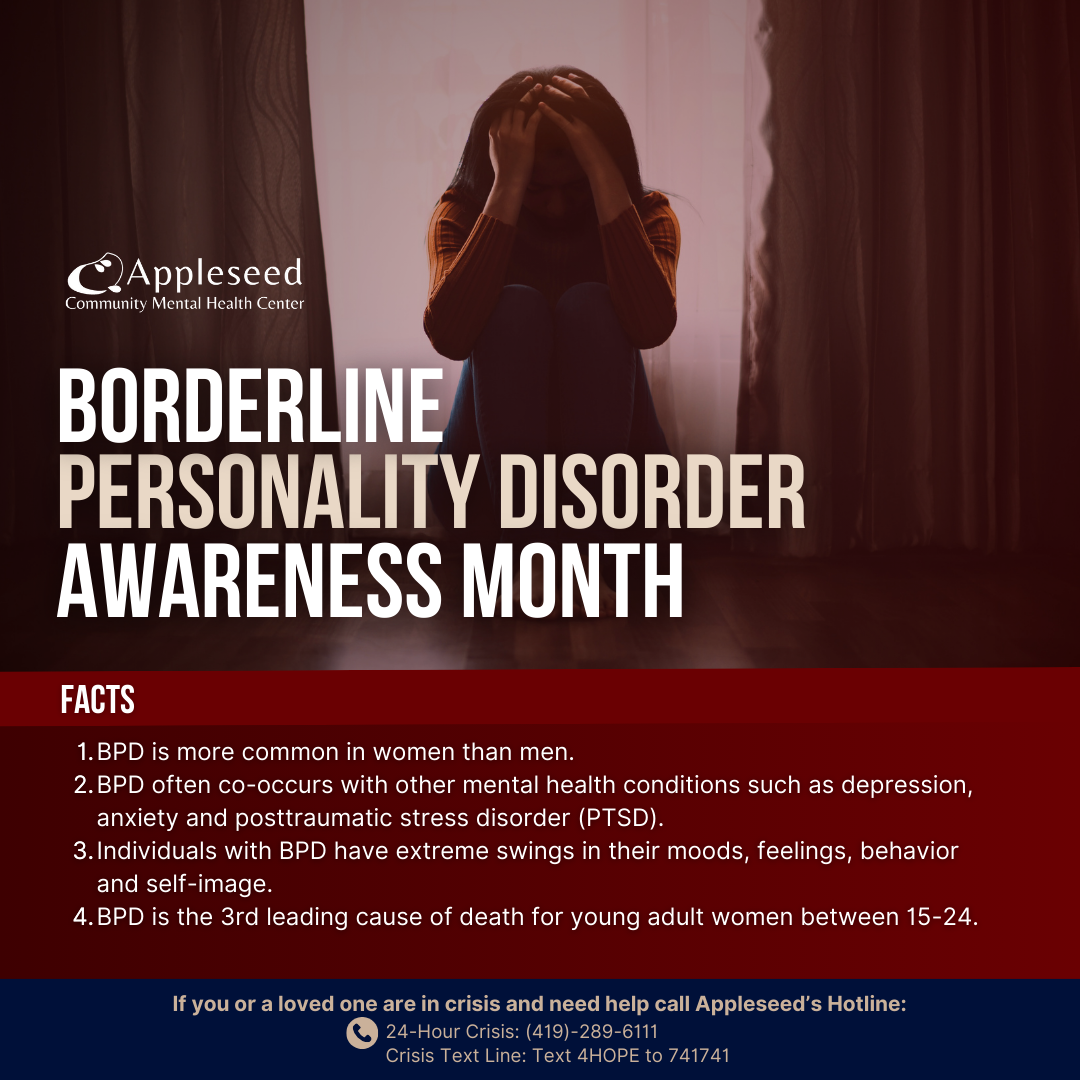Appleseed walks with families and individuals on their journey to live healthy, whole, and proactive lives by offering comprehensive and integrated behavioral health, housing, outreach and prevention, substance use disorder, and victim services. Through a generous grant awarded by SAMHSA’s “Communities Talk” program, Appleseed will be offering prevention education at Ashland High School as well as requesting that members of our community to participate in a brief 5-question survey to enhance its services for youth with co-occurring disorder (mental health and substance misuse).
According to the CDC, youth with substance use disorders experience higher rates of physical and mental illnesses, diminished overall health and well-being, and potential progression to addiction. Drug use is associated with sexual risk behavior, experience of violence, and mental health and suicide risks. Sadly, the CDC reports that 15% of high school students reported having used illicit or injection drugs while 14% of students reported misusing prescription opioids. Some risk factors for high-risk substance use include: family history of substance misuse, poor parental monitoring, family rejection of sexual orientation or gender identity, lack of school connectedness, childhood sexual abuse or other adverse experiences, and mental health issues.
Between October and December 2021, Appleseed’s Co-Occurring Disorder program will offer an educational training to Ashland High School staff and students to address the link between mental health, adverse childhood experiences, and drug and alcohol misuse, while providing prevention education on the risks of underage alcohol and drug misuse and reducing misperceptions and stigma around use.
Appleseed is distributing a community survey to gain information about community perception about youth co-occurring disorder while collecting valuable input on service needs in Ashland County. To participate in Appleseed’s Youth Co-Occurring Disorder Survey, please go to https://forms.gle/YpxapNEtFoKC7X9G7. The survey will close on October 31, 2021.
About Appleseed Community Mental Health Center’s Co-Occurring Program
Appleseed offers specialized co-occurring disorder services to those in the community with a mental health diagnosis and substance misuse through:
Case Management to assist individuals with securing necessary supports to gain and maintain recovery, as well as teach and support the integration of key coping skills such as anger management, effective communication, and problem solving skills.
Individual Counseling using evidence-based practices and effective solutions to help individuals recovering from a substance use disorder. Techniques may include Motivational Interviewing, Dialectical Behavioral Therapy, Trauma Focused Cognitive Behavioral Therapy, Cognitive Behavioral Therapy, Solution Focused Therapy, and Integrated Family and Systems Treatment to help clients find recovery and maintain recovery going forward.
Group Support to facilitate recovery, teach coping skills, and offer therapy to support a path towards achieving sobriety and healthy living.
Medication Assisted Treatment to help prevent relapse and opioid/alcohol dependence as a non-addictive option to manage withdrawal symptoms as clients work with counselors and case managers to build recovery skills.
For more information, visit www.AppleseedMentalHealth.com or call 419-281-3716 (office). Crisis help is available 24 hours a day/7 days a week over Appleseed’s 24-hour crisis hotline 419-289-6111 or through the national text line by texting 4HOPE to 741741.
To follow Appleseed’s events, education, and news on social media, “like” us at https://www.facebook.com/AppleseedCommunityMentalHealthCenter/.






